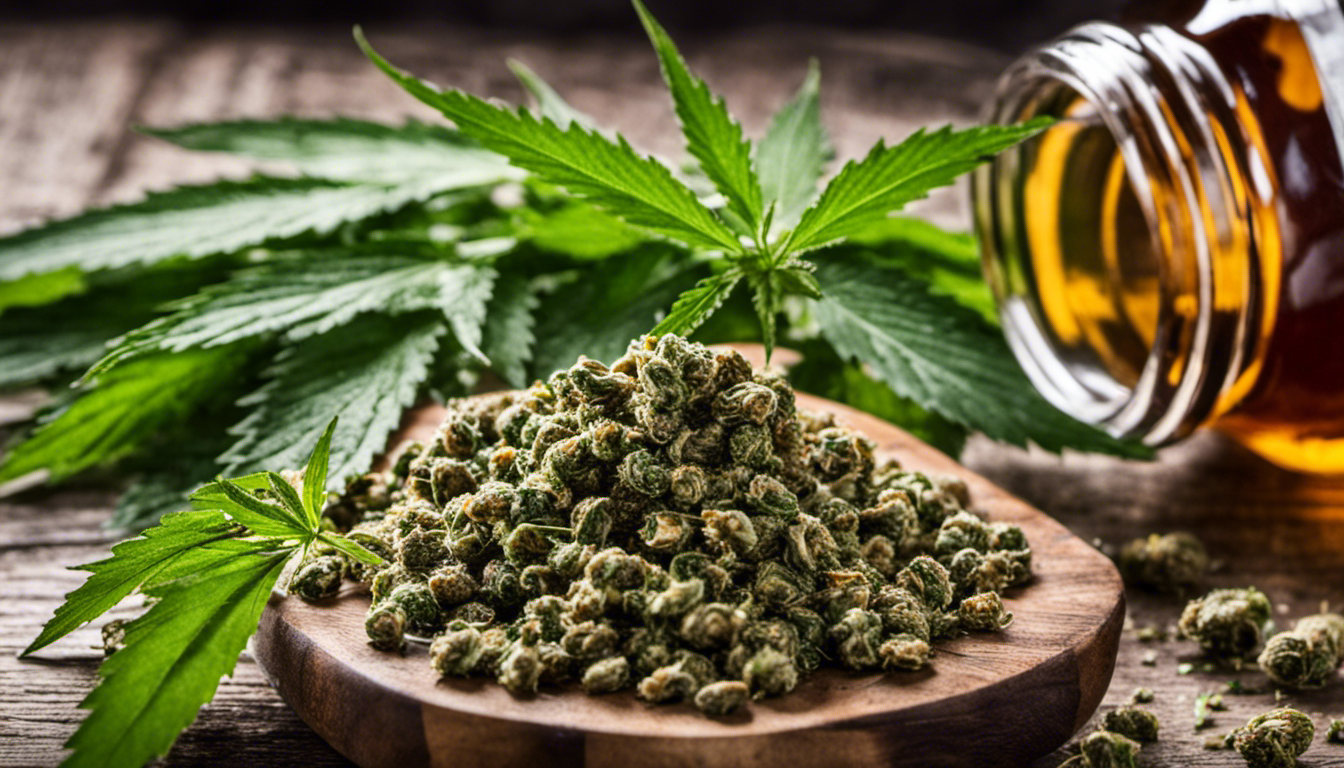California Governor Gavin Newsom has proposed an emergency ban on hemp products containing THC, citing concerns over the safety of children. The proposed regulations, drafted by the California Department of Public Health (CDPH), prohibit the sale of consumable hemp products with detectable amounts of THC, the primary psychoactive compound in marijuana, or other intoxicating cannabinoids. The new rules also set a limit of five servings per package for such products and restrict sales of hemp foods, beverages, and dietary supplements to consumers aged 21 and older.
The governor’s office stated that the proposed emergency regulations are a response to an increase in health incidents related to intoxicating hemp products, which can be found at retailers across the state, including smoke shops, gas stations, and convenience stores. Children are particularly at risk, and intoxicating hemp products can cause adverse health effects, including a negative impact on cognitive functions, memory, and decision-making abilities in developing brains.
The proposed regulations are subject to approval by the Office of Administrative Law and would go into effect immediately if approved. Retailers would be required to remove hemp products with detectable levels of THC from store shelves and implement purchase restrictions to prevent sales to consumers under the age of 21. State regulators, including the CDPH, the Department of Cannabis Control, and the California Department of Alcoholic Beverage Control, would begin immediate enforcement action to ensure compliance with the new regulations.
The U.S. Hemp Roundtable, a national industry group, opposes the emergency regulations, stating that they are a betrayal of California hemp farmers, small businesses, and adult consumers. The group argues that the regulations would unfairly target legitimate hemp products and small businesses, and would result in the loss of nearly a quarter billion dollars in tax revenue.
The proposed regulations have been met with mixed reactions, with some supporting the move as a necessary step to protect children and teenagers, while others argue that it is an overreach and would harm the hemp industry. The fate of the regulations remains uncertain, but if approved, they would have significant implications for the sale and regulation of hemp products in California.












